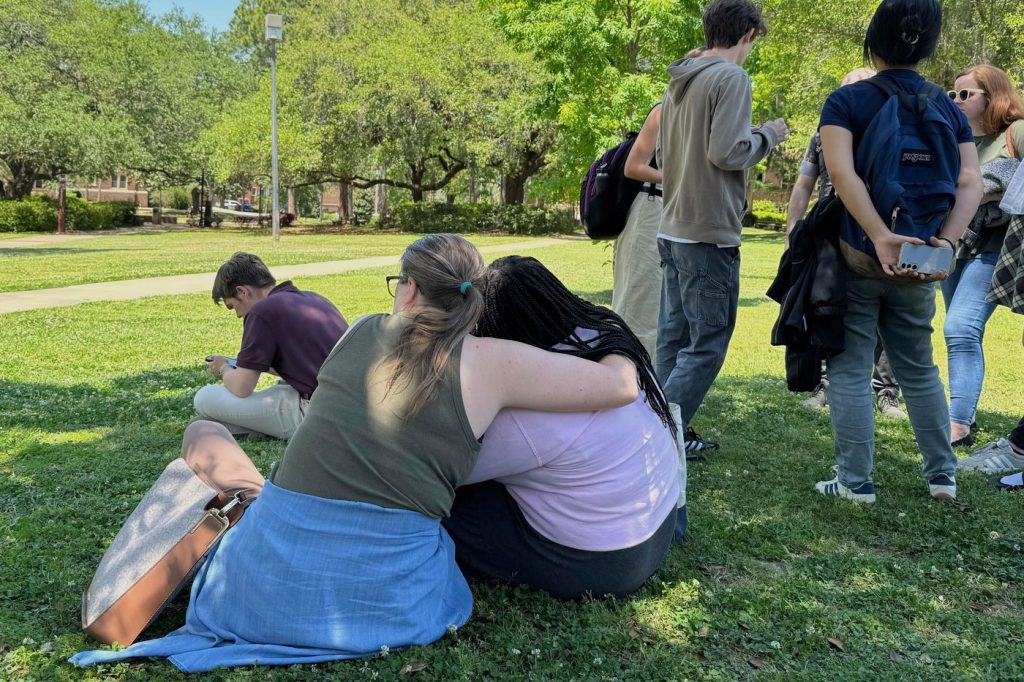Toronto billed $13M more than hotel shelter beds contract called for: auditor general

Posted June 1, 2022 3:49 pm.
Last Updated June 1, 2022 6:10 pm.
The City of Toronto’s auditor general has found the municipality has been billed more than $13 million over and above what signed contracts have called for relating to the usage of hotel rooms as shelter spaces due to COVID-related reasons and a lack of space.
In a report to be considered by the audit committee on Monday, Beverly Romeo-Beehler and her team looked at the spending and accounting practices related to the contracted use of hotels as emergency shelters by the City’s Shelter, Support, and Housing Administration (SSHA) division for people who are experiencing homelessness.
As of March 2022, there were approximately 2,900 rooms rented out that were housing 3,900 people (pre-pandemic the City rented around 700 rooms). Looking at 2021 as a whole, the report said the City of Toronto spent $118 million on rooms and $29 million on meals. The municipality also spent $173 million on so-called wraparound services aimed at protecting and supporting those who were being housed.
Romeo-Beehler and auditors found the City of Toronto was invoiced more than $13 million beyond what was expected, including $5.4 million on vacant room rooms where the contract doesn’t state those rooms are to be paid for, $2.4 million for fees (one operator called it a destination marketing fee, another called it a tax even though the contracts spell out this type of fee was not to be expensed), $5.3 million for “facility surcharges” on all meal invoices and $100,000 for “other charges.”
RELATED: City of Toronto acquires hotels, rental buildings for homeless in response to coronavirus
The document said there’s room to save money such as $2 million to $3 million for leased rooms that went empty due to “various operational reasons,” $840,000 on storage and $68,000 on printers.
“Putting in place the right strategies to effectively oversee and manage hotel operations allows [SSHA] to stretch the value achieved from each shelter dollar further and to free up more rooms to support those in need,” the report said.
“Every dollar and every room matters. It means more funds and rooms can go directly towards making sure there are enough shelter beds, especially in the winter months, or towards creating more permanent housing to address homelessness.”
The auditors also highlighted how a consultant for infection prevention and control carried out inspections are multiple locations where shelters beds are and “raised many recommendations,” calling for updated policies as well as increased education and training.
Romeo-Beehler made 15 recommendations aimed in response to the findings, including:
- New policies for staff who review contracts, invoices along with periodic reviews to ensure adherance
- More consultations with legal staff when coming up with agreements, clarification with hotels on potential extra charges
- Work on recovering funds paid for fees, facility surcharges, gratuities on meal services, HST, other charges not in contract
- Review invoice charges to potentially find cheaper operational solutions (e.g. printer fees)
- Prioritize assignment of vacant rooms
- Review infection prevention and control measures at hotels








